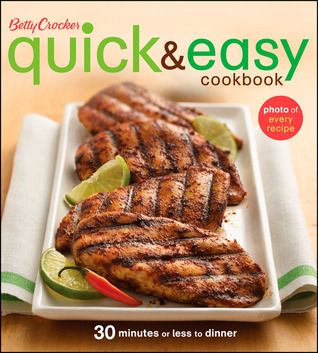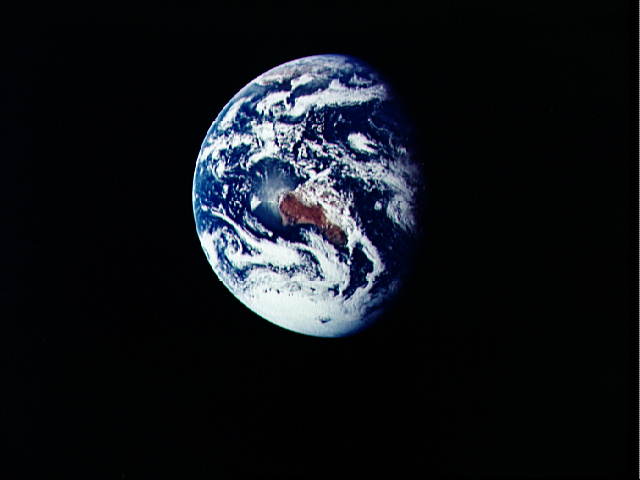I don’t even want to use his name, yet I know that people will be searching for it.
On June 17, 2015, a 21-year-old white supremacist drove to Charleston, South Carolina, looking for black people to kill in hopes of creating a race war. He entered the state’s most historically significant church, and there was welcomed with open arms. He attended the Bible study and prayer. Then he opened fire on the worshippers, murdering nine innocent people. Why? “You rape our women and you’re taking over our country,” he told them. He killed six women and three men.
Was this man deranged? Yes. But hate is not a mental illness. Hate is hatred. And Roof’s particular breed of hatred—hatred towards a group of people, also known as bigotry—comes from the disillusionment that people can be categorized into “good” and “bad.”
It comes from lack of empathy.
How do we raise a generation of empathetic humans? By encouraging them to read diverse books.
To Kill a Mockingbird might not be considered “diverse” because it is written by a white person. But it is written by a woman, and it’s a book I assume most of my readers have read or are aware of, it’s considered a classic, and it concerns violence against blacks, so I’m going to quote it.
“You never really understand a person until you consider things from his point of view… Until you climb inside of his skin and walk around in it.”
How do we empathize? Considering the points of view of others. The best way to do this is to have real conversations with real people—people who are different from you. But an easier way is to read diverse books. Books with main characters that have different color skin or different worldviews than you have. Books written by diverse authors. How many books have you read in the past year, in the past decade, that were written by someone who wasn’t a white man? If you consume media—news, music, television, books, movies—put out by only one group of people, your view is going to be skewed.
Have a balanced point of view by listening to diverse voices.

Image from WeNeedDiverseBooks.org
“People generally see what they look for, and hear what they listen for.”
Roof literally saw the world through a white supremacist filter. After hearing about the Trayvon Martin case, he Googled “black on white crime” and was horrified by the results. This is how he came to the conclusion that black people (and later Jews and “non-white” hispanics) were to blame for all of the problems in the world. He sought to eradicate them, starting with blacks, by starting a race war.
Note that he didn’t look up “white-on-white” or “white-on-black” crimes. He failed to see that sexual offenders are more often white males than any other race. He ignored that victims forced into prostitution are raped daily by white men. He ignored that pedophiles are more likely white than black or Latino. He ignored that the vast majority of school shooters are white, and that “In approximately 90 percent of all homicides, the killer and victim are from the same race.”
He had a thought, and then he filtered through evidence using his bias. Of course he confirmed his bias.
“I think there’s just one kind of folks. Folks.”
I grew up with Sesame Street, seeing people of all races portrayed as cool, smart, sympathetic characters. It wasn’t until college that I was told colorblindness isn’t a good thing. Why? Isn’t it good to treat people the same, regardless of skin color? Isn’t it fair?
The problem with being blind to color is that you don’t acknowledge the very real racial divisions that exist to this day. Silence is consent. If you don’t speak out against racism, you’re part of the problem.
More and more reports are surfacing of people who knew Dylann, who heard his racists jokes, who heard his threats—who even went and hid his gun from him—yet never told authorities, never took his racism seriously enough.
Don’t perpetuate hate by remaining silent in its midst.
When you witness someone making a prejudice statement, address it. Does it come from fear? From hate? Address it. Ask why, then ask what you can do.
If you catch your teenager making a racist statement, lumping an entire race together by saying “they” or “all” or “always,” call them out on it. Make them come up with a list of exceptions. Make them read a book with a protagonist of that race or belief. Quiz them on the book.
Don’t be silent. Remember the golden rule: “How would you like it if someone said ____ about you?”
In his chilling manifesto, Roof says that whites don’t think about race, but with blacks, it’s all they ever think about. He’s talking about privilege. If you never have to think about being white, you’re privileged. You don’t have to worry about institutional racism. You don’t have to use initials on job applications instead of your real name in order to be hired. You don’t fear for your life when you see a police officer. You don’t hear people locking their car doors when they see you. You don’t witness parents shooing their children to the other side of the street when you walk down the sidewalk.
It’s hard not to think about race when everyone is constantly reminding you that you’re “different” or “exotic.”
Even if you don’t lump groups of people into “us” and “them,” you still need to be aware of what kind of media you’re consuming. If you only consume white media, then you are—even without intending to—creating a division.
So Get Reading
This summer, make a goal to read a book by at least one author of color. Or as many authors of color as white authors. Or read only authors of color.
Where should you begin?
We Need Diverse Books is a campaign for getting more diversity in publishing—more diverse authors, more diverse agents and editors. Their website has a page called Where to Find Diverse Books. They also have a Summer Reading List. Take a book that you like, and they’ll give you a suggestion on what to read next. They’ve even got a Pinterest page!
The point of reading different points of view isn’t to change your mind or to shame you—the point is for people to empathize with each other, regardless of background. To see other people as humans, not enemies. If you read without prejudice, you live without prejudice. Challenging your beliefs might lead you to change your mind, but it can also affirm your beliefs.
Note that WNDB includes LGBTQIA literature. If you “don’t agree with those lifestyles,” you can choose not to read those books. However, empathizing helps you understand where people are coming from, and leads you to treating them as complex individuals, rather than as a label or sexual orientation.
I’m reading Under a Painted Sky and Lies We Tell Ourselves next. What will you be reading this summer?

Sources
Scott Neuman, 2015, Photos Of Dylann Roof, Racist Manifesto Surface On Website, NPR
Leguizamo, Alejandro, Brooke Peltzman, Nicolas Carrasco, Michelle Nosal and Leslie Woods. 2010. “Ethnic Differences Among
Incarcerated Sex Offenders.” 2010.
Lawrence Greenfeld, 1997, Sex Offenses and Offenders: An Analysis of Data on Rape and Sexual Assault, Washington, DC: U.S. Department of Justice, Bureau of Justice Statistics.
DavinaSquirrel, 2012, School Shootings—by 2012, 79% of school shooters had been white.
 I don’t think I have ever stared at two lines for so long in my entire life, and as a graphic designer, that’s saying something. Yet here I was, in the bathroom, just gawking at the pregnancy test I had taken the night before, which was lying on the counter as some sort of defense against my denial.
I don’t think I have ever stared at two lines for so long in my entire life, and as a graphic designer, that’s saying something. Yet here I was, in the bathroom, just gawking at the pregnancy test I had taken the night before, which was lying on the counter as some sort of defense against my denial.

















